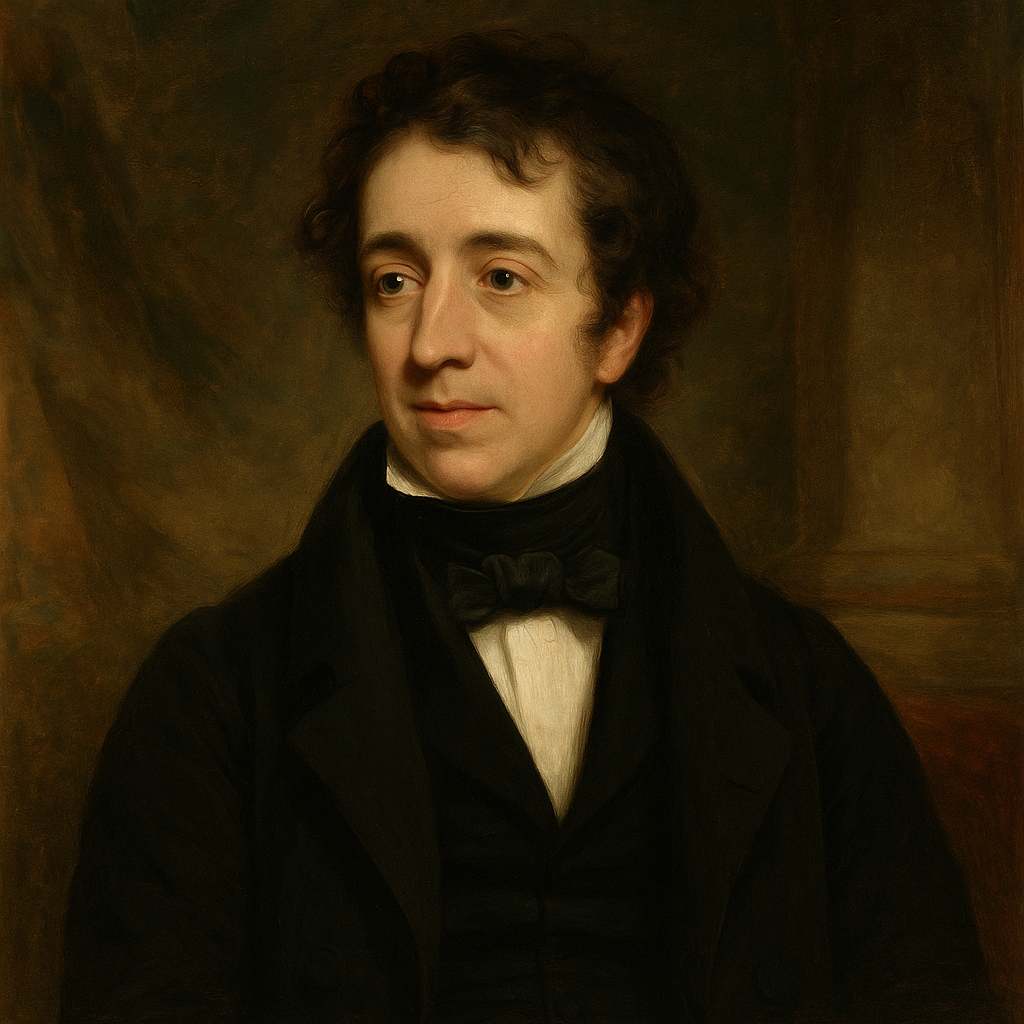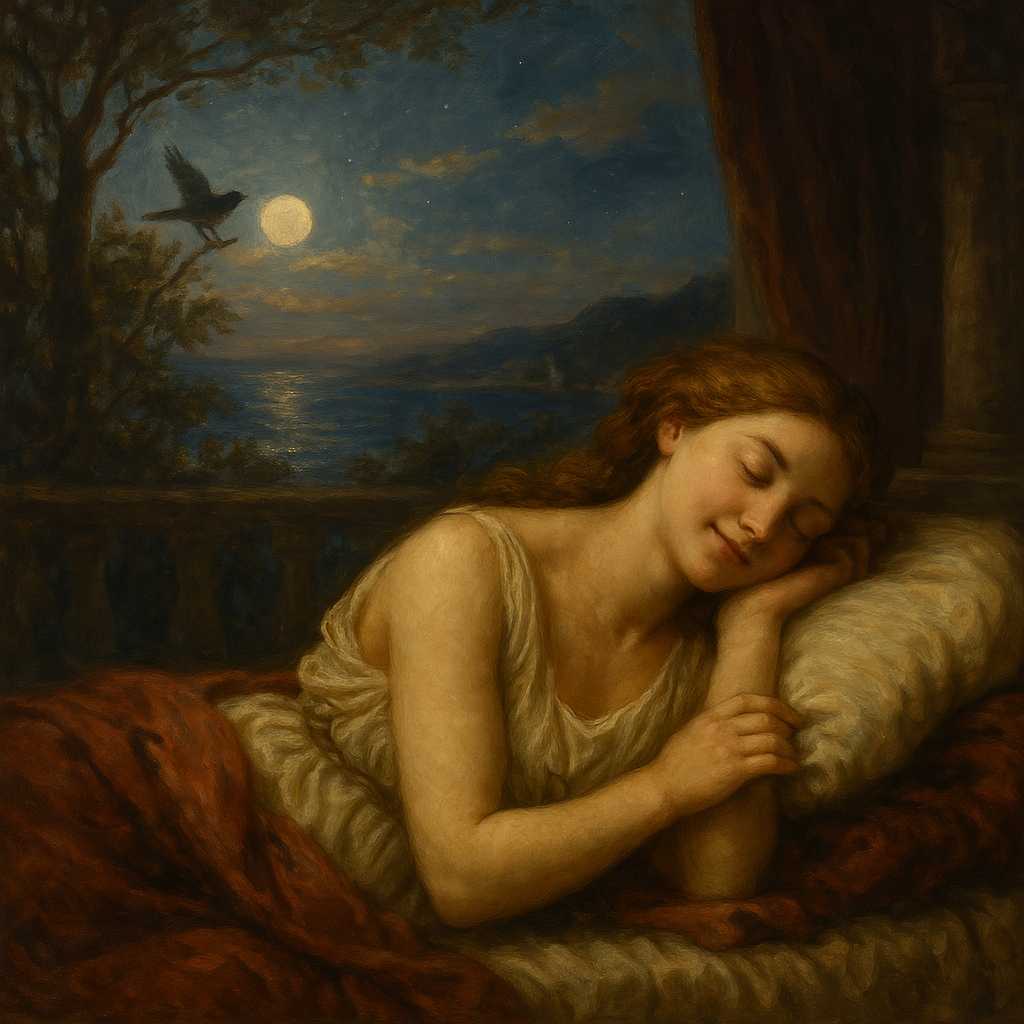5 Poems by Leigh Hunt
1784 - 1859
Leigh Hunt Biography
Leigh Hunt, born James Henry Leigh Hunt on October 19, 1784, in Southgate, London, was a significant figure in English literature during the Romantic period. His life and work spanned the late 18th and early 19th centuries, a time of great cultural and political change in Britain. Hunt's contributions as a poet, essayist, critic, and editor made him a central figure in the literary circles of his day, influencing and befriending many of the era's most renowned writers.
The son of Isaac Hunt, a West Indian preacher, and Mary Shewell Hunt, a Philadelphia Quaker, Leigh Hunt's early life was marked by financial instability and frequent moves. Despite these challenges, he received a solid education at Christ's Hospital, a charity school in London, where he developed a love for literature and classical studies. It was during his time at Christ's Hospital that Hunt began to write poetry, laying the foundation for his future career.
In 1808, Hunt co-founded "The Examiner," a weekly journal that would become one of the most influential political and literary publications of its time. The journal's liberal stance and Hunt's fearless criticism of the government, particularly his satirical attacks on the Prince Regent (later King George IV), led to his imprisonment in 1813. Hunt spent two years in Surrey Gaol, but this period, far from silencing him, became a pivotal moment in his career and personal life. During his imprisonment, he continued to edit "The Examiner" and wrote some of his most famous works, including "The Story of Rimini" (1816), a narrative poem based on an episode from Dante's "Inferno."
Hunt's imprisonment also solidified his reputation as a champion of liberal causes and attracted the attention and support of many prominent literary figures. John Keats, Percy Bysshe Shelley, and Lord Byron all became close associates of Hunt during this period. His cell in Surrey Gaol, which he had decorated with flowers and bookshelves, became a meeting place for these young Romantic poets, earning Hunt the nickname "The Wit in the Dungeon."
As a poet, Hunt is perhaps best known for his sonnets and narrative poems. His style, characterized by its light, melodious quality and its focus on everyday subjects, represented a departure from the more elevated tone of many of his contemporaries. Works such as "Abou Ben Adhem" and "Jenny Kissed Me" showcase his ability to combine simplicity with profound emotion and have remained popular to this day.
However, Hunt's influence extended far beyond his own poetry. As an editor and critic, he played a crucial role in promoting and shaping the work of younger poets. He was among the first to recognize the genius of Keats, publishing the young poet's first verses in "The Examiner" and providing invaluable support and encouragement. Hunt's essay "Young Poets," published in 1816, introduced Keats, Shelley, and John Hamilton Reynolds to a wider audience, helping to launch their careers.
Hunt's relationship with Percy Bysshe Shelley was particularly close and significant. Shelley provided financial support to Hunt and his family during times of hardship, and in 1822, invited Hunt to join him in Italy to collaborate on a new liberal journal, "The Liberal." Tragically, Shelley drowned shortly before Hunt's arrival, leaving Hunt in a precarious position both financially and emotionally.
The later years of Hunt's life were marked by continued financial struggles and personal losses, but also by a steady output of literary work. He published numerous collections of essays, including "The Indicator" (1819-1821) and "The Companion" (1828), which showcased his wit, erudition, and keen observational skills. His autobiography, published in 1850, provides a vivid and intimate portrait of literary life in the Romantic era and remains an invaluable resource for scholars of the period.
Hunt's literary style and his approach to criticism had a lasting impact on English literature. His emphasis on clarity, naturalness, and everyday subjects in poetry influenced the development of the Romantic movement and anticipated some aspects of Victorian literature. As a critic, he championed a more inclusive and democratic approach to literature, arguing for the importance of accessibility and emotional authenticity over rigid adherence to classical forms.
Despite his significant contributions, Hunt's reputation has often been overshadowed by those of his more famous contemporaries. His financial difficulties and some personal conflicts, particularly with Charles Dickens (who caricatured Hunt as the character Harold Skimpole in "Bleak House"), sometimes led to unfavorable portrayals in literary circles. However, modern scholarship has increasingly recognized Hunt's importance not only as a writer but as a key figure in the literary networks of the Romantic period.
Leigh Hunt died on August 28, 1859, at the age of 74, leaving behind a rich legacy of poetry, criticism, and prose. His life and work offer a unique window into the literary and political landscape of 19th-century England. From his early days as a radical journalist to his later years as a respected man of letters, Hunt remained committed to the ideals of literary excellence, political reform, and personal freedom. His story is not just that of an individual writer, but of an era of profound change in English literature and society.
This text was generated by AI and is for reference only. Learn more
Username Information
No username is open
Everything is free to use, but donations are always appreciated.
Quick Links
© 2024-2025 R.I.Chalmers (V2Melody).

All music on this site by R.I.Chalmers (V2Melody) is licensed under a Creative Commons Attribution-NonCommercial 4.0 International License.
Attribution Requirement:
When using this music, you must give appropriate credit by including the following statement (or equivalent) wherever the music is used or credited:
"Music by R.I.Chalmers (V2Melody) – https://v2melody.com"
Support My Work:
If you enjoy this music and would like to support future creations, your thanks are always welcome but never required.
Thanks!






